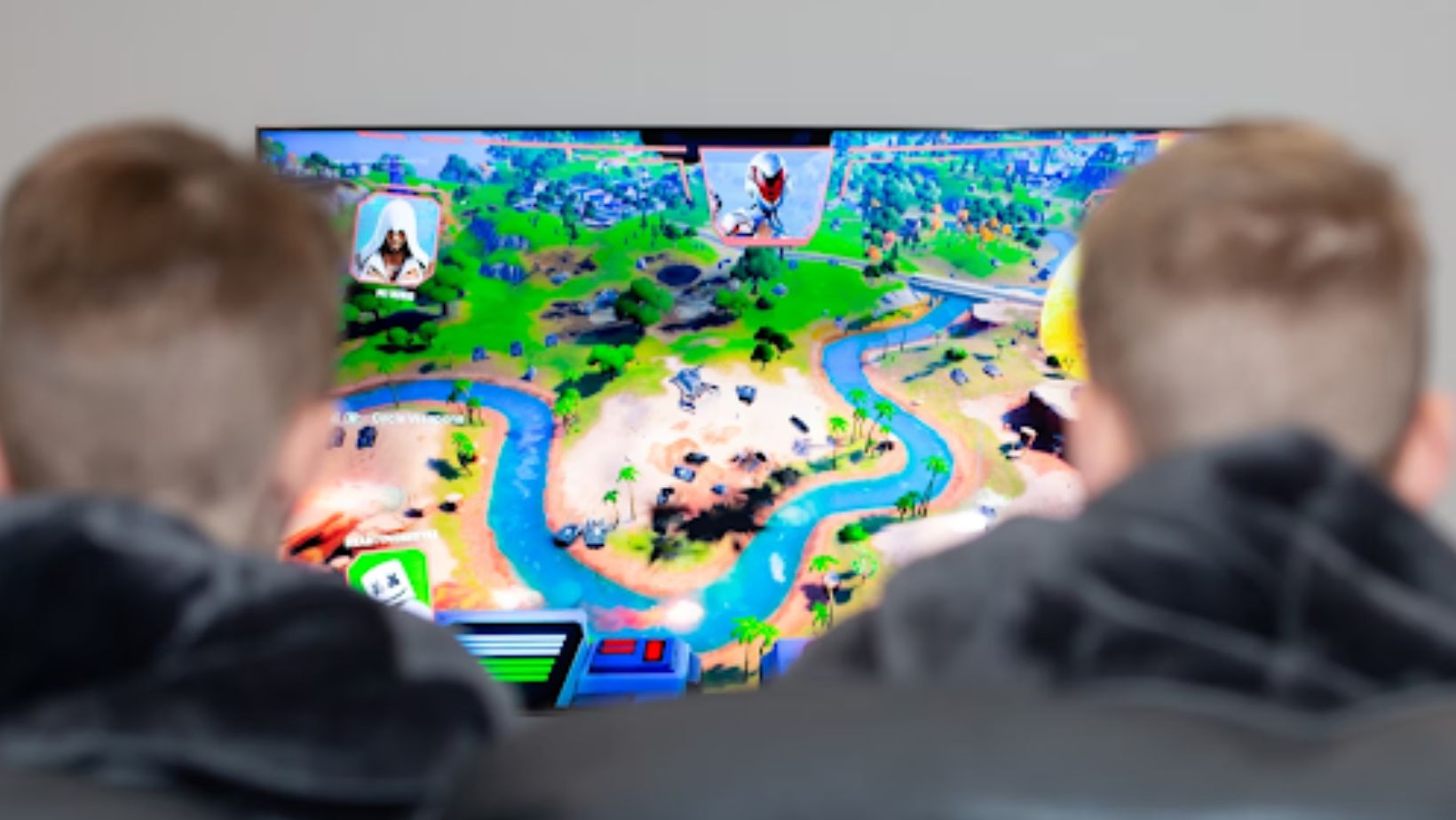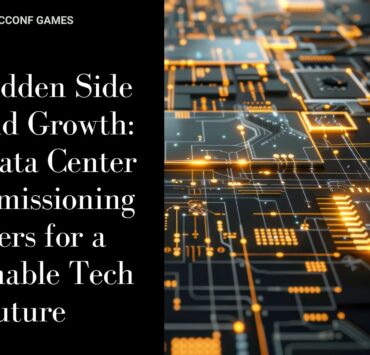Joel is a whiz with computers. When he was just…
If you’ve played Rust, Minecraft, or ARK: Survival Evolved, the early moments feel familiar. There are no instructions or goals. Just a wide map, a few tools, and a scramble to survive with strangers. But within days, the world changes. Walls go up. Markets open. Rules emerge. Some players even start creating governments.
None of these structures come from the game itself. Players invent them as they go. Survival games give people the tools to build but not the guidelines for living together. So players create their own systems. They form communities, define rules, and develop shared identities. These structures often become more meaningful than the gameplay itself.
Table of Contents
ToggleHow Game Worlds Turn Into Player-Governed Societies
Most servers follow a familiar pattern. Players collect resources, build shelters, and try to survive. Once survival becomes manageable, cooperation begins. Players establish boundaries, exchange goods, and resolve disputes.
In ARK, tribes form and create non-aggression pacts. These often hold until conflict erupts. In Minecraft, some communities organize elections, pass laws, and draft constitutions. No one assigns roles or hands out points for leadership. These systems develop because players want to protect what they’ve built.
As this happens, servers begin to feel different from each other. The people who play shape how the world works and what it stands for.
What Roles Players Take On
As communities grow, players begin to take on specific responsibilities. Some guard entrances. Others manage trading hubs, settle arguments, or design the layout of towns. These roles are not assigned by the game. They emerge from players’ actions and the trust they earn from others.

A player might construct a courthouse without being asked. It becomes the place where disputes are resolved. Another might consistently mediate arguments and eventually gain informal authority. These roles are defined by behavior, not titles.
Players remember those who step up. They talk about the player who settled a feud or the one who connected two towns with a road. These stories shape the server’s culture and leave lasting impressions.
Offline Culture Shapes Online Worlds
Real-world culture often influences online spaces, especially when players share a language or background. On Arabic-speaking servers, leadership styles can reflect familiar social structures. Prayer times may influence when players gather. Architecture often mirrors real locations. Some meeting spots resemble neighborhood cafés.
These choices shape more than the look of a place. They affect how players interact, who leads, and how communities solve problems. Some towns grow around shared customs. Others recreate systems from daily life. You can see similar cultural patterns on platforms like ArabicCasino, where language, layout, and design reflect the values and preferences of the users. Similarly, players bring personal and cultural perspectives into games and create worlds that feel familiar.
This connection also appears on community servers, modded games, and forums. Players often rebuild the structures and habits they know from the real world.
Building Identity in Digital Nations

Every server develops its own personality. Some resemble small towns, with cobbled roads and handmade signs. Others feel like distant outposts. These creative choices help the world feel consistent and shared.
Players create symbols, write laws, organize events, and create subcultures. Some document the server’s history in books stored on in-game shelves. Others wear colors or uniforms that show group identity. These efforts help the server feel like a place with depth and history.
Even after a server resets or shuts down, the identity often returns. Players rebuild the same towns, resume old roles, and follow familiar customs. The digital space may be temporary, but the memories last.
Why It Stays With Players
Games like Rust, ARK, and Minecraft give players very little structure. That freedom lets them build their own. What begins as a struggle to survive often grows into a meaningful experience.
Guarding a gate becomes more than just a task. It becomes a responsibility that others rely on. Gathering resources turns into a way to support the group. These actions matter because they connect to something larger than the player alone.
Players return to these worlds because they remember what they built. The alliances, conflicts, and shared efforts leave a lasting impression. Each server tells a story, and that story continues across resets and new sessions.
Players are not just constructing walls and shelters. They are creating systems, traditions, and communities. The nations they form may be temporary, but the experience stays with them long after the game ends.
Joel is a whiz with computers. When he was just a youngster, he hacked into the school's computer system and changed all of the grades. He got away with it too - until he was caught by the vice-principal! Joel loves being involved in charities. He volunteers his time at the local soup kitchen and helps out at animal shelters whenever he can. He's a kind-hearted soul who just wants to make the world a better place.






